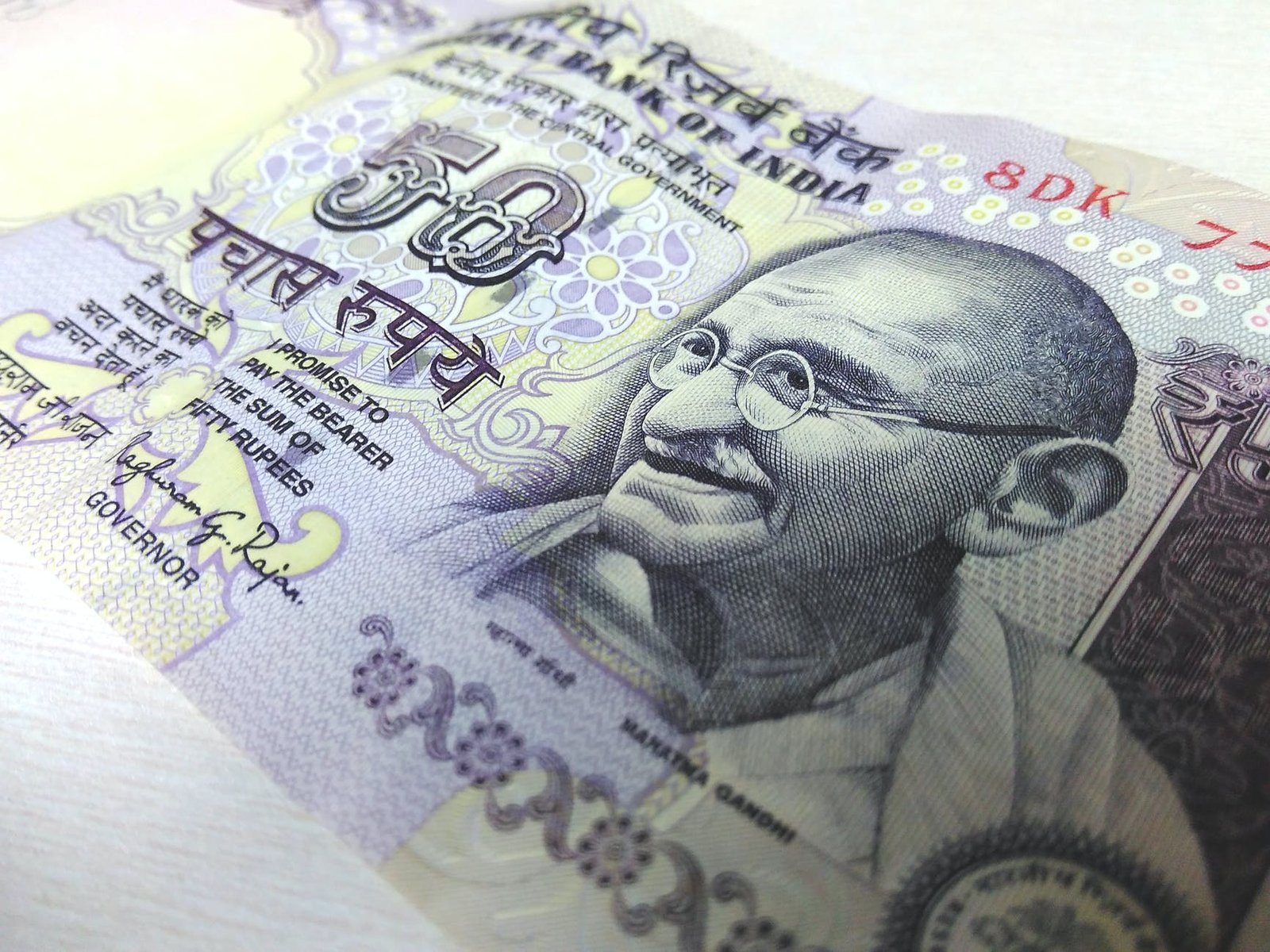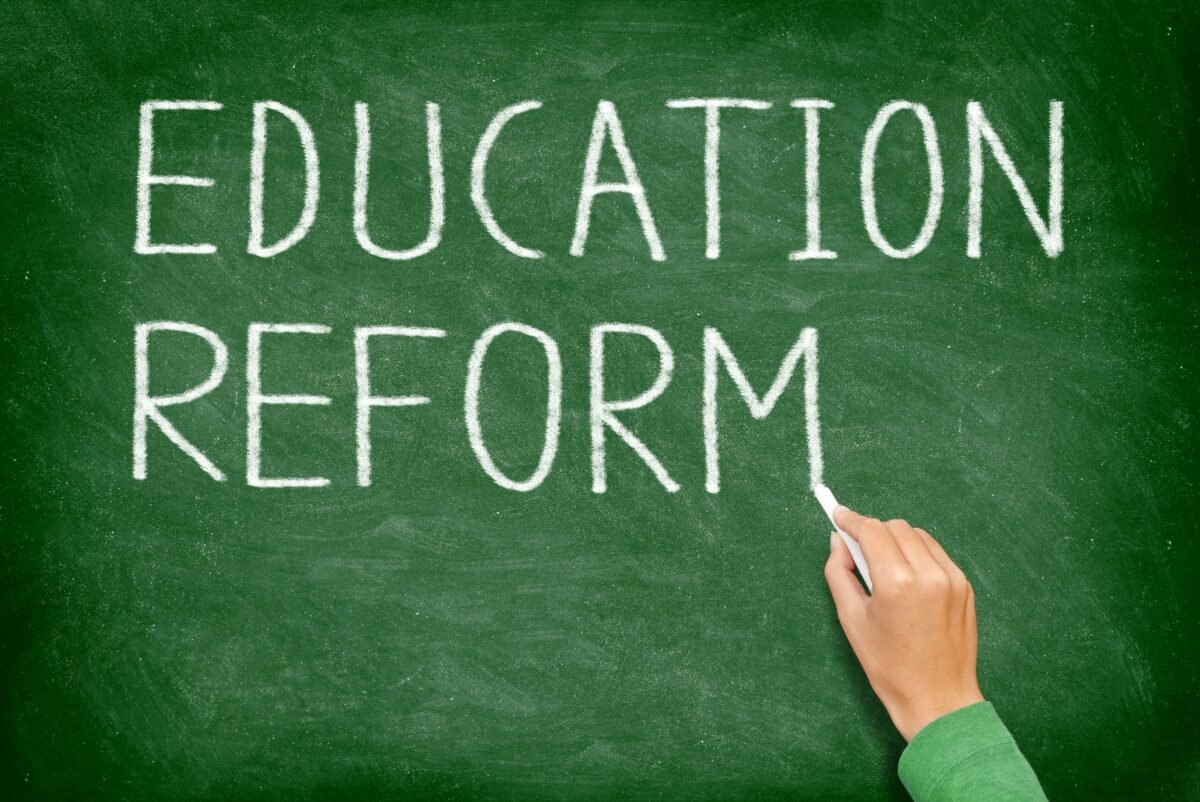Recently, on 29th July 2020, the Union Cabinet has approved the new National Education Policy (NEP), 2020 with an aim to bring major reform in the education system in India. Union Ministers for Information and Broadcasting (I&B) Prakash Javadekar and Human Resource Development (HRD) and Ramesh Pokhriyal Nishank, made the announcement on the NEP- 2020. The Modi Govt has announced several changes in the education policy so as to make “India a global knowledge superpower”.
Key Points :

1. The Cabinet has approved the renaming of the Ministry of Human Resource Development to the Ministry of Education.

2. The NEP aims at bringing multidisciplinary system in all the higher education institutes & Universities. That means Students would have their own choice of subjects to focus on.
Woahh !

3. More Focus on Vocational Studies like important vocational crafts, such as carpentry, electric work, metalwork, gardening, pottery making, etc., as decided by States and local communities during higher education.

4. The Vocational course would also be available through online mode.

5. Students would also get to intern with the local vocational experts during a 10 Day bagless period for grades 6 to 8.

6. Under NEP, the government is also setting up an autonomous body called the National Educational Technology Forum (NETF) to provide a platform for the free exchange of ideas on the use of technology to enhance learning, assessment, planning and administration.

7. Online Learning and E-Education shall be positioned in the system to ensure the efficient learning as alternative modes where traditional and in-person education are not possible.
More focus has been given to prepare our future generation for advancing on digital technologies and importance of skill-building has also been covered.

8. 5+3+3+4 will be the new structure that will dominate school education starting from pre-primary to class 12. The 10 + 2 Board exam System shall change to 5+3+3+4.
With the new approach, however, there will be exams after each section like after class 2, class 5, class 8 and class 12. Class 10 board examination will continue, but there will be no focus on that.

9. Higher Education Commission of India(HECI) will be set up as a single encircling umbrella body for entire higher education, excluding medical and legal education.

10. Engineering Institutions like IIT’S will move towards more holistic and multidisciplinary education embracing other streams such as arts and humanities.
This will pave the way to more independent choice for students aspiring for high-level institutes.

11. The vast syllabus in school and college shall reduce to core concepts and would only focus on practical base knowledge.

12. An undergraduate degree will be of 4 Year duration with multiple exit options.
For example, one who completes one year in a discipline shall be rewarded with a certificate, for 2 year it will be a diploma, a bachelor’s degree for a 3 Year Programme. The 4 Year programme , however, shall be a preferred option.

13. A system of academic credits earned shall be set-up to store academic credits digitally by “Academic Bank of Credit”

14. The NTA (National testing Agency) will now be provided additional charge to conduct entrance examinations for admissions to universities across the country.

15. Education sector shall be entitled to get 6% of GDP, earlier it was 1.7%.

16. The policy also claims for creating a National Research Foundation ( NRF ).

